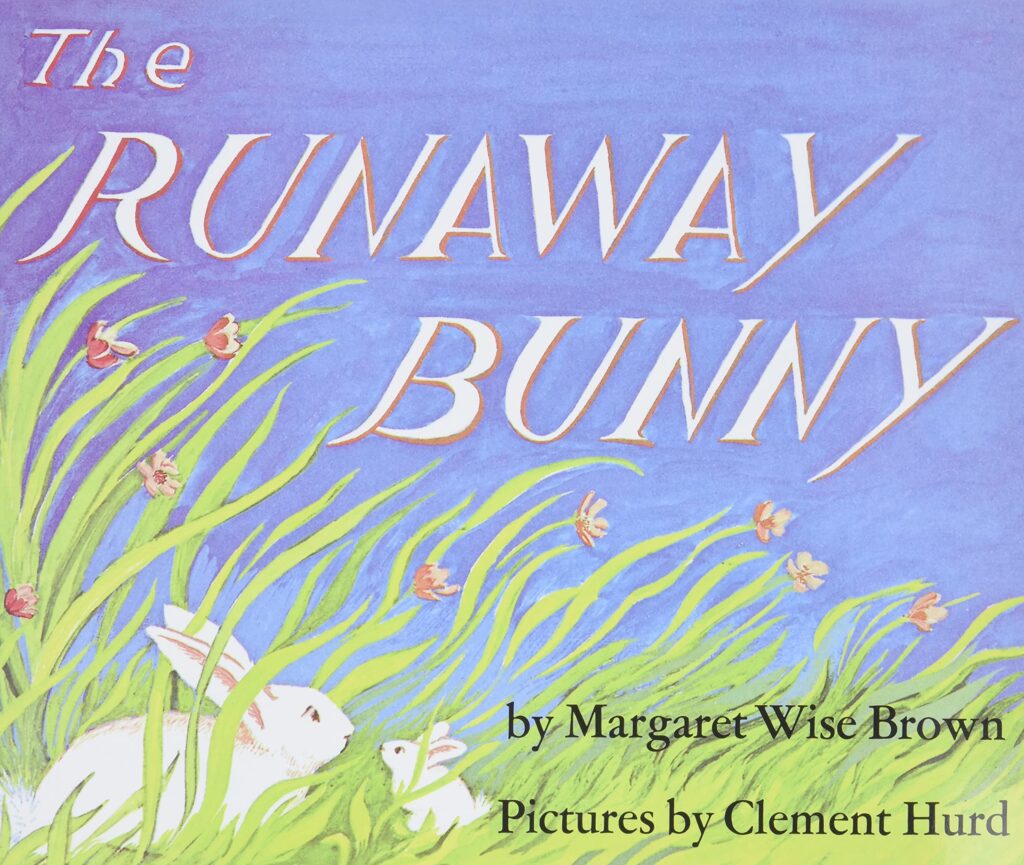What the heck is a “personal life theme”? And why, you may ask, would I want to uncover mine? (Do note that this exercise is a bit of personal therapy.)
Aside from the general importance of self-knowledge, for a writer, understanding our life theme can guide us in choosing which books to write and how to write them. I’ve explored this before, but here’s another look at this important technique.
We all want to write books that resonate at a deep emotional level. Uncovering your personal life theme will almost certainly help you reach that level and provide the key to your next best book.
Let’s Define Personal Life Theme
We all (not only our characters) have a backstory. We all carry some baggage from our childhoods, informed by experiences we mostly would like to forget. These experiences may haunt us in the form of a wound, and Lisa Cron in STORY GENIUS has taken those human wounding experiences to character development in the form of a backstory wound. When we uncover our characters’ backstory wounds, we create characters that resonate.
Out of our personal childhood wound, we develop ideologies. For example, someone who has been brought up in a household where parents are absent physically or emotionally might deal with fears of abandonment. Someone who experienced death of a loved one at an early age may deal with fears of death and dying.
Using these ideologies in our characters creates rich characters. But finding our personal ideology – our “life theme” – will enrich all our story-crafting.
If your personal life theme involves “abandonment”, you can use that theme in different ways in each story you craft, whether it be in a story like THE RUNAWAY BUNNY or one like PAX, and it will resonate at a deep subconscious level to produce more deeply emotional stories.
3 Exercises
This exercise can be difficult and may open old wounds so please practice self-care as you delve in.
- In a meditative way, take yourself back to age 12. Think of a specific incident or emotional condition that you experienced or felt at that age.
- Write a letter to your 12-year-old self from where you are now, letting that self know that everything will be all right, and you are there to protect them.
- Take a break, and then come back to the triggering emotions you dealt with at that age in that moment. Those emotions will combine to show you your personal life theme.
Give yourself some peace and comfort. You’ve exposed a wound. But you’ve also given yourself a gift of self-knowledge that may guide you toward richer story-telling.
I’ll cover craft techniques like this and more in my upcoming Masterclass on Writing the Middle Grade Novel. If you are interested in learning more without committing, hit the button below.
